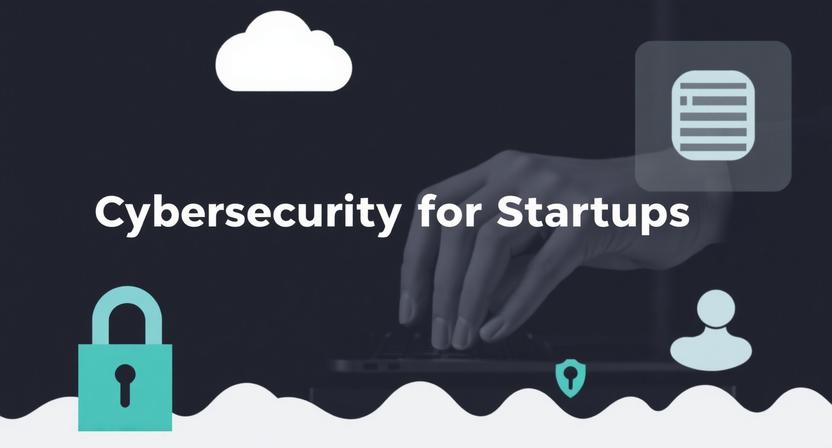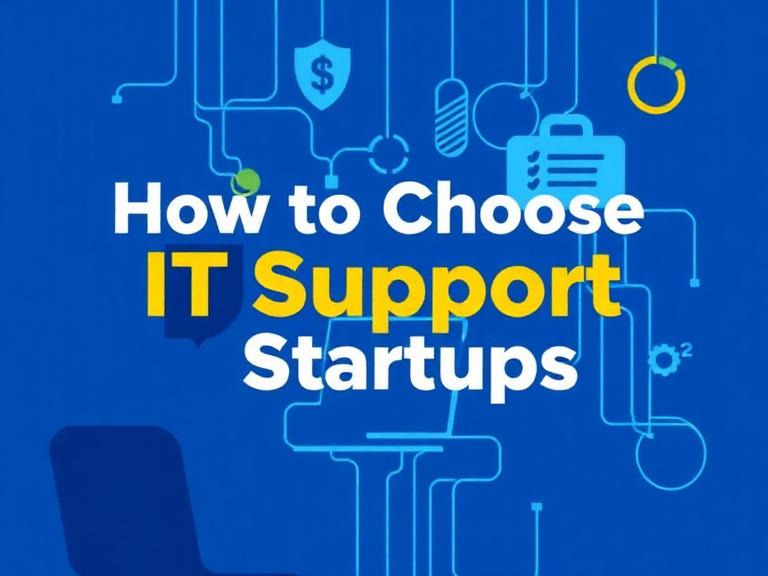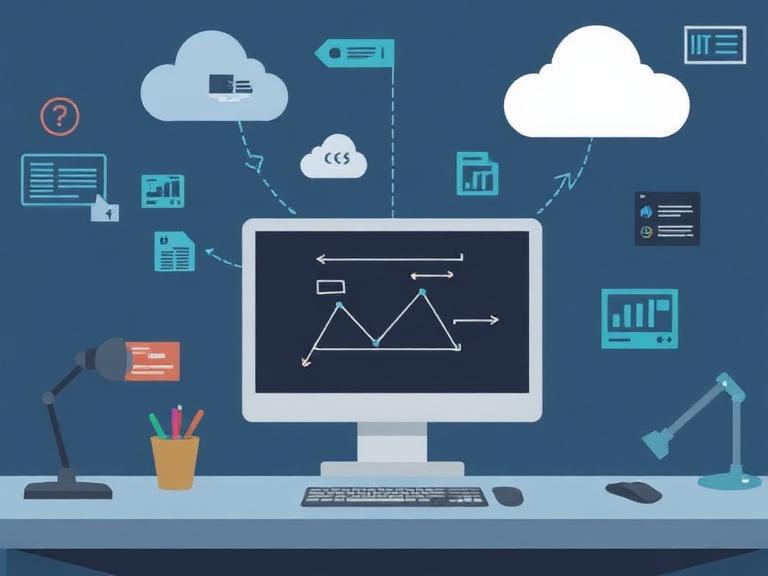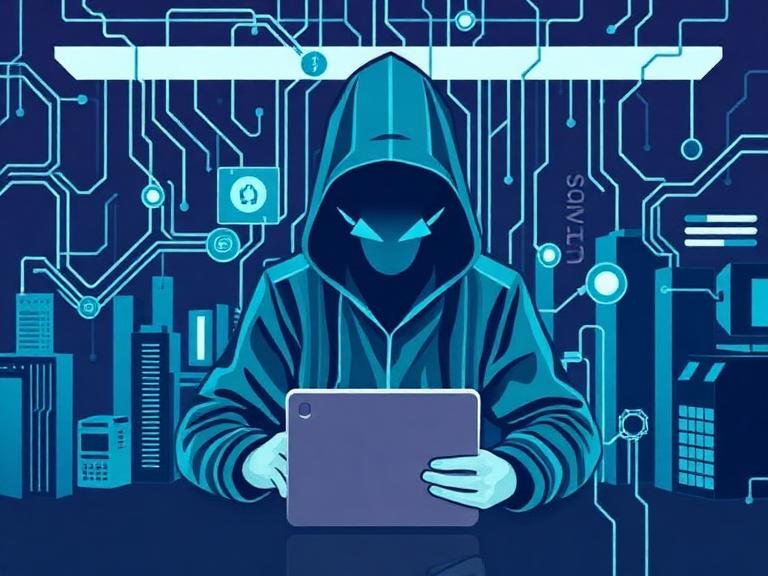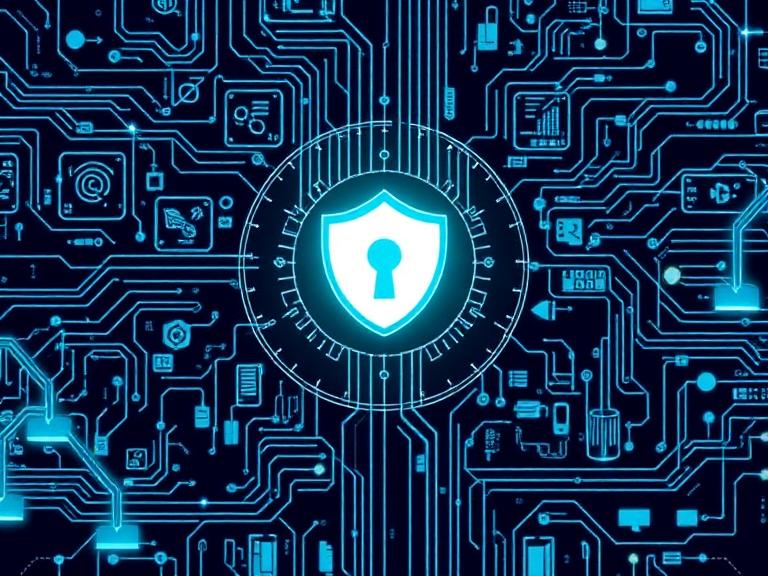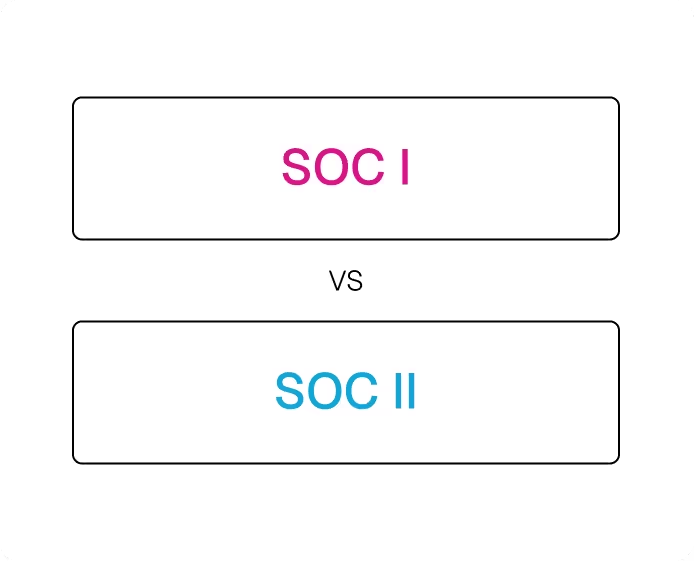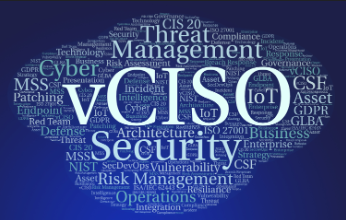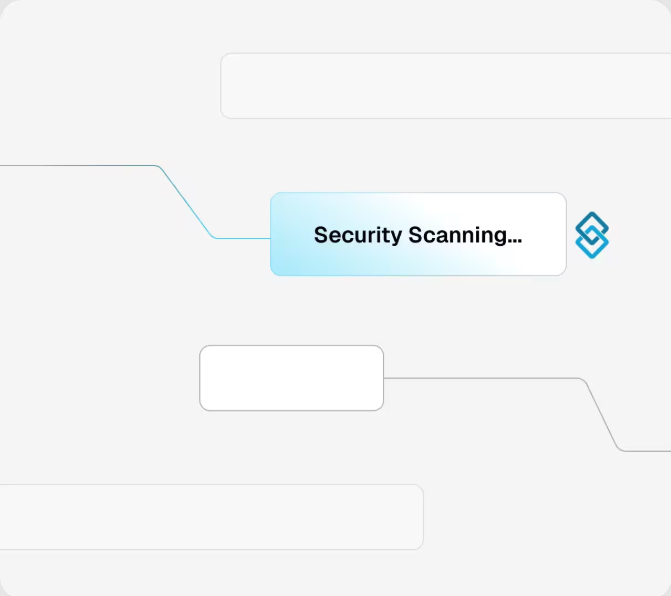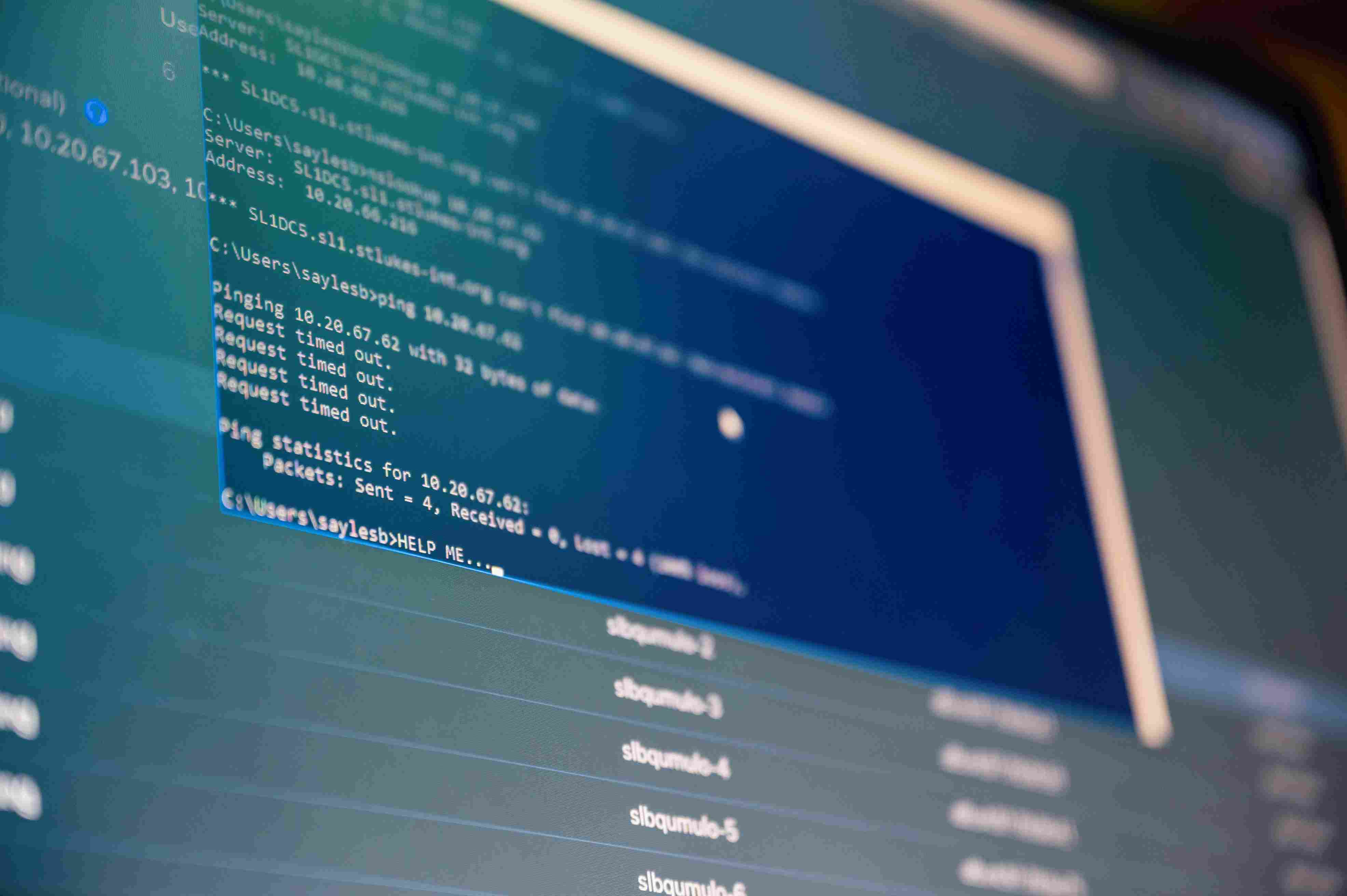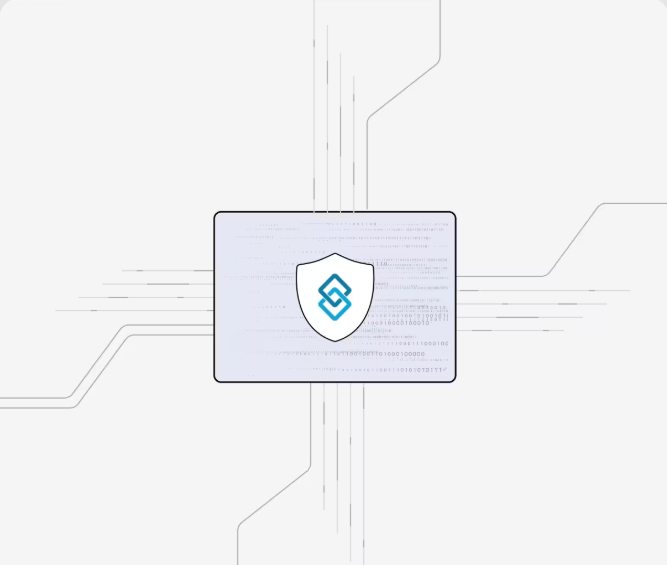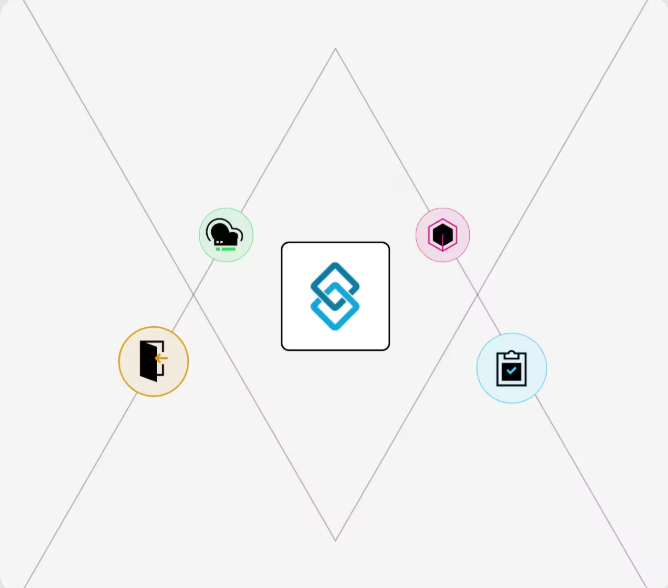Top 10 Cybersecurity Threats Facing Small Businesses in 2025

So, you're running a small business in 2025. You’ve got your hands full, maybe juggling invoices, chasing leads, figuring out payroll, and then someone tells you, “Hey, you also need to worry about hackers.” Yeah, great.
The thing is, cybersecurity threats aren’t just some buzzword floating around in tech circles anymore. They're showing up in real ways, hitting small businesses where it hurts: locked files, wiped databases, lost money. Some companies never bounce back.
And it’s not your fault. Most small businesses don’t have full-time tech teams or the budget for fancy security tools. That’s what makes them easy targets. Hackers know this.
This is exactly where Sentant can help. We don’t offer over-the-top stuff built for massive corporations. Instead, we give you smart, realistic security and IT solutions—custom-fit for small businesses that just want to run smoothly without living in constant fear of the next digital ambush.
Which Industries Are Getting Hit the Hardest?
Let’s be real, some businesses just have a bigger target on their backs. Sometimes it’s about the type of data they store. Other times, it's that their systems are older than they should be.
Here are a few industries that tend to be prime bait for cyberattacks these days:
- Healthcare – Clinics and hospitals are like goldmines for hackers. So much personal info in one place, and security systems that can’t always keep up.
- Finance – It’s all about the numbers. Banks, tax consultants, and even small bookkeeping services deal with data that criminals want to steal.
- Retail – Especially online stores. They handle credit cards, home addresses, logins… it adds up fast if you’re not careful.
- Manufacturing – When systems rely on automation, one breach can halt production for days.
- Education – Schools and colleges manage loads of student data, but they’re often working with tight budgets and limited tech support, which leaves them vulnerable.
What Are the Biggest Cybersecurity Threats in 2025?
Things have changed fast. Criminals don’t need to physically rob you anymore, they just need someone to click a bad link. Here’s what’s doing the most damage right now:
1. Ransomware
It’s ugly. You open your laptop and boom—everything’s locked. Pay up or lose your files. Even if you pay, recovery isn’t a walk in the park.
2. Phishing
Someone sends an email that looks legit—maybe it says it’s your bank or a supplier. One click, and you’ve handed them the keys.
3. Social Engineering
This is the human side of hacking. A caller pretends they’re from IT. A fake invoice gets forwarded. One person lets their guard down and… yeah.
4. Supply Chain Attacks
You might be doing everything right on your end, but what about your vendors? If one of your partners has weak security, hackers could sneak into your system through theirs. It’s like locking your front door while leaving the window wide open next door.
5. Insider Threats
Sometimes the danger isn’t a hacker at all—it’s someone already inside your company. It could be an employee clicking something they shouldn’t. It could be someone disgruntled trying to cause chaos. Either way, it’s a headache you didn’t plan for.
6. Cloud Security Problems
Cloud storage is great… until it’s not. A badly configured folder or one password shared too many times, and suddenly, sensitive files aren’t so private anymore.
7. DDoS Attacks
This is like having your front door flooded with fake visitors so real customers can’t get through. Your website goes down, your sales stop, and support emails start piling up.
8. IoT Weaknesses
Smart gadgets are cool until they aren’t. That security cam, that Wi-Fi printer, even a connected thermostat, if they’re not properly secured, they can give hackers a back door you didn’t even know was there.
9. AI-Driven Hacks
Yup, hackers are using AI too. It lets them copy real emails, mimic writing styles, or test passwords faster than any human could. It’s like fighting fire with… smarter fire.
10. Data Leaks & Breaches
Whether it’s payroll info or customer records, once that data’s out, you can’t pull it back. The damage? It can be long-term—legal stuff, trust issues, and a lot of cleanup you didn’t budget for.
What’s This All Costing Small Businesses in 2025?
Short answer? Way more than you’d think.
Here’s a quick look at some averages:
Type of Cyberattack
Estimated Cost
Ransomeware $35,000
Phishing $70,000
Data Breach $120,000
Overall Cyber Incident $254,445
And that doesn’t even touch the stuff you can’t easily measure—like customer trust, brand reputation, and your team’s morale.
Why Choose Sentant to Protect You from Cyberattacks?
Sentant isn’t one of those tech firms that throws around buzzwords and expects you to nod along. We work with real businesses — people wearing too many hats, dealing with too many tabs open at once, just trying to keep things moving.
Here’s how we help:
- Managed IT support so you’re not googling error messages at 11 p.m.
- Security tools that spot weird behavior early, before it becomes a crisis
- Compliance help so you’re not sweating the next audit
- 24/7 monitoring, because cyberattacks don’t stick to business hours
It’s a security you can use. No fluff, no drama.
Quick FAQs About Cybersecurity Threats
1. Are hackers going after small businesses?
Yes, absolutely. They know smaller businesses often don’t have full security teams. You’re easier to break into, so they do.
2. If I don’t sell online, do I still need to worry?
Yes. Even if you’re not e-commerce, you still store files, employee data, financials… all of which can be targeted.
3. Will insurance cover a cyberattack?
It can. You’ll want to check your policy, but many small business plans now include cyber coverage. It’s worth having.
4. Can a quick training make my team safer?
Yes. You’d be shocked how much one click can cost you. Teaching people what to watch for helps cut that risk in a big way.
5. Is the cloud safer than storing files on my computer?
Not by default. It depends on how you use it. The cloud can be secure, but only with the right settings and good password habits.
Final Thoughts
Let’s be honest: cybersecurity threats aren’t going anywhere. And pretending your business is too small to be a target? That’s a risk you don’t want to take.
But here’s the upside: you don’t have to be an expert to stay protected.
Sentant gives you the tools, the team, and the backup you need to keep things running safely. No tech talk, no overpriced nonsense. Just real support that fits your size and your budget.
If you’ve built something worth protecting (and you have), maybe now’s the time to do it right.
Will Pizzano, CISM is Founder of Sentant, a managed security and IT services provider that has helped dozens of companies achieve SOC 2 compliance. If you’re interested in help obtaining SOC 2 compliance, contact us.


